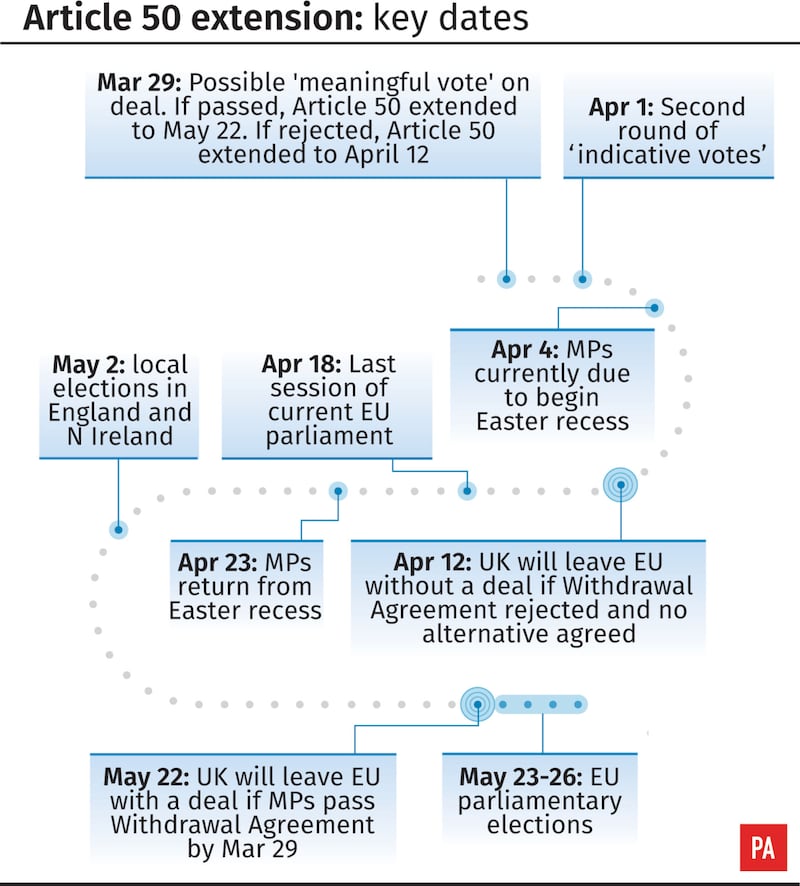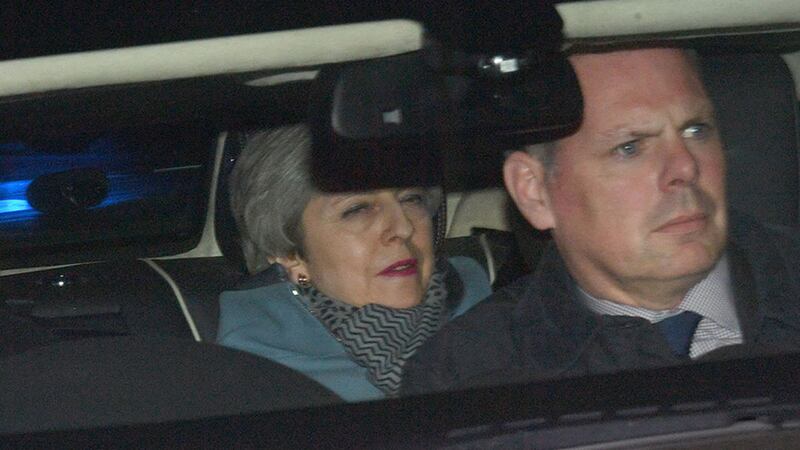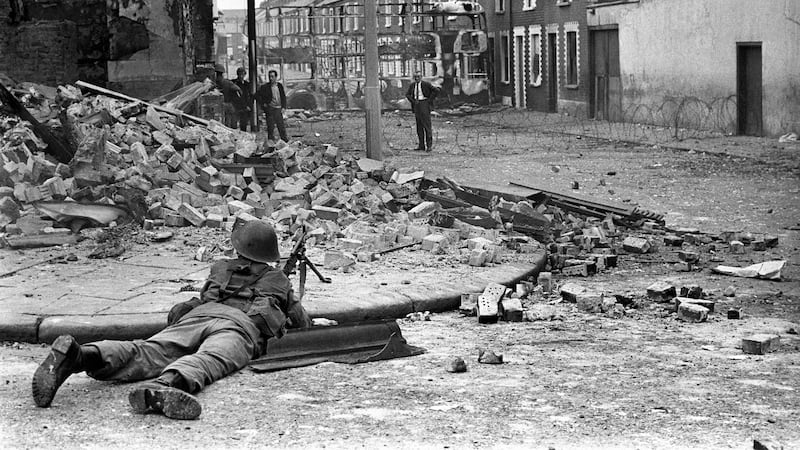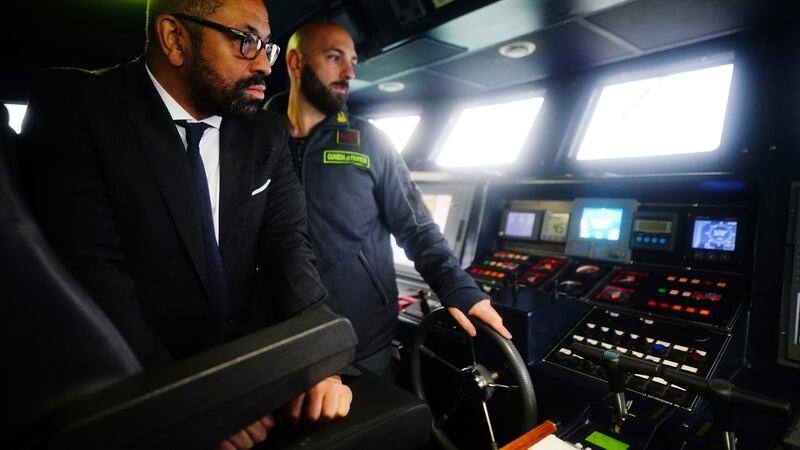Theresa May is battling to win round DUP allies in a desperate attempt to save her Brexit deal.
The British prime minister's dramatic promise last night to stand down if the deal goes through convinced some key Tory Brexiteers finally to back her, raising hopes in Downing Street of a breakthrough.
But hopes that it could go through in time to meet the EU's deadline of the end of the week were dealt a shattering blow when the DUP said it still would not support the deal.
Leader of the House Andrea Leadsom is expected to say in her weekly Commons business statement whether the government will seek to put the deal to a third "meaningful vote" on Friday.
But with a hardcore of Tory Eurosceptics also holding out against the deal, it would appear the government does not have the numbers in the Commons to be sure of success.
The support of the DUP had been seen as crucial, both in making up the numbers for the vote and in winning over Tory waverers.
Jacob Rees-Mogg, leader of the pro-Brexit European Research Group (ERG) who is now supporting the deal, suggested a way could still be found to get the DUP on board.
"I'm in favour of the deal and I hope the DUP will come over to the deal but we'll have to wait and see what they do," he said.

Meanwhile, MPs appeared to be no closer to backing an alternative plan after a series of indicative votes yesterday failed to secure a majority for any of the eight options debated.
Tory former minister Sir Oliver Letwin - the architect of the indicative vote scheme - warned the UK was now in danger of a no-deal Brexit on April 12, the date set by the EU for Mrs May to put forward an alternative way forward if her deal does not get through.
"At some point or other we either have to get her deal across the line or accept that we have to find some alternative if we want to avoid no deal on the 12th, which I think, at the moment, is the most likely thing to happen," he told the BBC Radio 4 Today programme.
Shadow business secretary Rebecca Long-Bailey said Labour was ready to work with other parties to establish whether there was an alternative MPs could coalesce around in a second series of votes planned for Monday.
She said that if Parliament was unable to agree a way forward there would have to be a general election.
"What is imperative now is that parties across the House - and certainly Jeremy (Corbyn) is going to be doing that before Monday - work with each other to find reasonable compromises to try to navigate a way out of this," she told Today.
"If the government can't find a majority - and there isn't a majority for anything in parliament - the only option to take things forward is a general election.
"I know there are many MPs who don't agree with that synopsis so, in order to overcome this impasse, we have got to reach a compromise."
Damian Green, Theresa May's former de facto deputy and one of her oldest political friends, said she would carry on working to get a deal for as long as she remained in office.
"She will take the path of soldiering on because she sees the great duty of her and her government is to get a Brexit deal. She will carry on for as long as she is prime minister doing that," he told Today.
"Absolutely the last thing the country would need now would be a prime minister who walked away and said 'OK, choose someone else'. This is very serious. The next few days are really the crunch."
Tory Brexiteers such as Boris Johnson, who said on Wednesday they would now back Mrs May's deal, did so because they feared that otherwise Parliament would take over the process completely - raising the prospect the UK would not leave at all.
However veteran Eurosceptic Sir Bill Cash said there was a "Praetorian Guard" within the ERG who would continue to hold out against the deal.
"It's my understanding that the DUP are firm, it's my understanding that there are enough votes in the Conservative Party even if there are some defections within the ERG ranks," he told the Press Association.
DUP leader Arlene Foster said the Northern Irish party "cannot sign up" to the deal because of its controversial backstop provisions designed to prevent a hard border on the island of Ireland.
The unionist party fears the measures will place a trade barrier in the Irish Sea, potentially seeing divergence between the rules in Northern Ireland and the rest of the UK.








